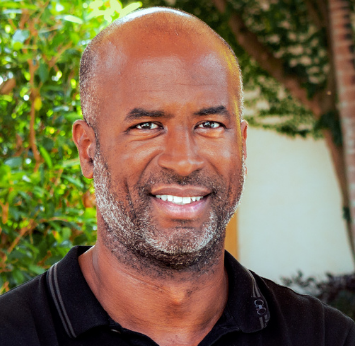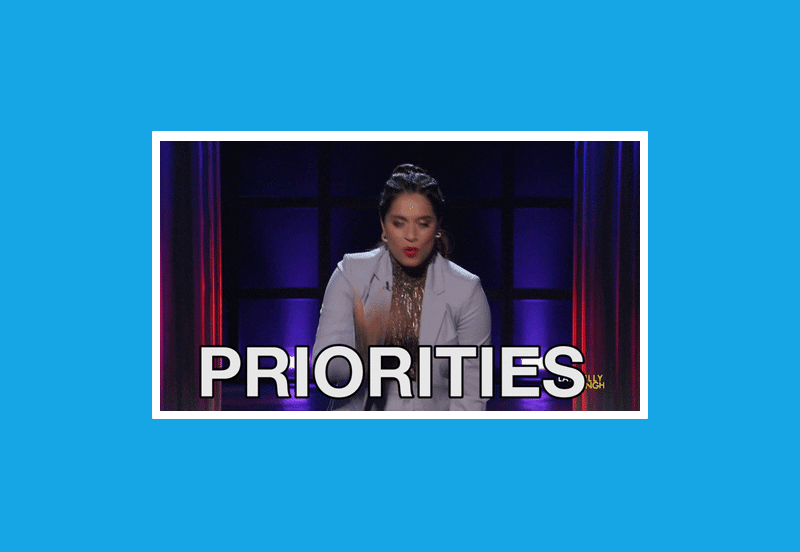Author: Sonja Dumas
 I continue the tale of the princes of ponzi – this time with a focus on the Caribbean region. Granted, this famous fraudster doesn’t have a name that immediately screams, “Tief !”, but his financial “fraudmanship” (not a real word), is no less stunning.
I continue the tale of the princes of ponzi – this time with a focus on the Caribbean region. Granted, this famous fraudster doesn’t have a name that immediately screams, “Tief !”, but his financial “fraudmanship” (not a real word), is no less stunning.
The Big Caribbean Con
Back in 2012, Allen Stanford, a native of Texas, had dual citizenship for the United States and Antigua-Barbuda. He convinced regional finance people to come on board with him in what looked like a legitimate banking enterprise in Antigua. Small and large-income people all invested or deposited money in his operations. But all it turned out to be was another ponzi scheme – essentially taking from many, promising much and paying for the lifestyle of one. Stanford had even warmed the hearts of the region by creating the Stanford Cricket Cup – a not-to-be-missed regional cricket event. But by early 2012, Stanford was convicted for his fraudulent activity in the region and elsewhere, amounting to US $7 billion. He’s currently serving a prison sentence of 110 years in Florida for his ponzi scheme exploits. His fraudulent actions also severely crippled the economy of Antigua-Barbuda.
Name the Bandit
But going back to names that define one’s contribution – the word “ponzi” comes from Charles Ponzi, an Italian fraudster of the 1920s who did his conning in North America. He was eventually convicted of an elaborate mail fraud scheme, albeit for far less money than either Bernie Madoff (last article) or Allen Stanford managed to swindle.
Ponzi was by no means the first fraudster. And, as Madoff and Stanford have proven, he was by no means the last. But the name “Ponzi” just has a fraudster ring to it, so I‘m guessing that that ring, along with his infamy, gave it everlasting life. We’re likely to see many other princes (and princesses) of ponzi, in many forms, especially as the digital world shape-shifts almost daily. Someone is just waiting to prey on the next set of financial innocents. Please try your best to avoid this kind of tangled web. Keep out of the confusion – on either side of the financial or digital divide. If something seems too good to be true, it probably is. And you don’t what anybody to be whistling when people call your name.





